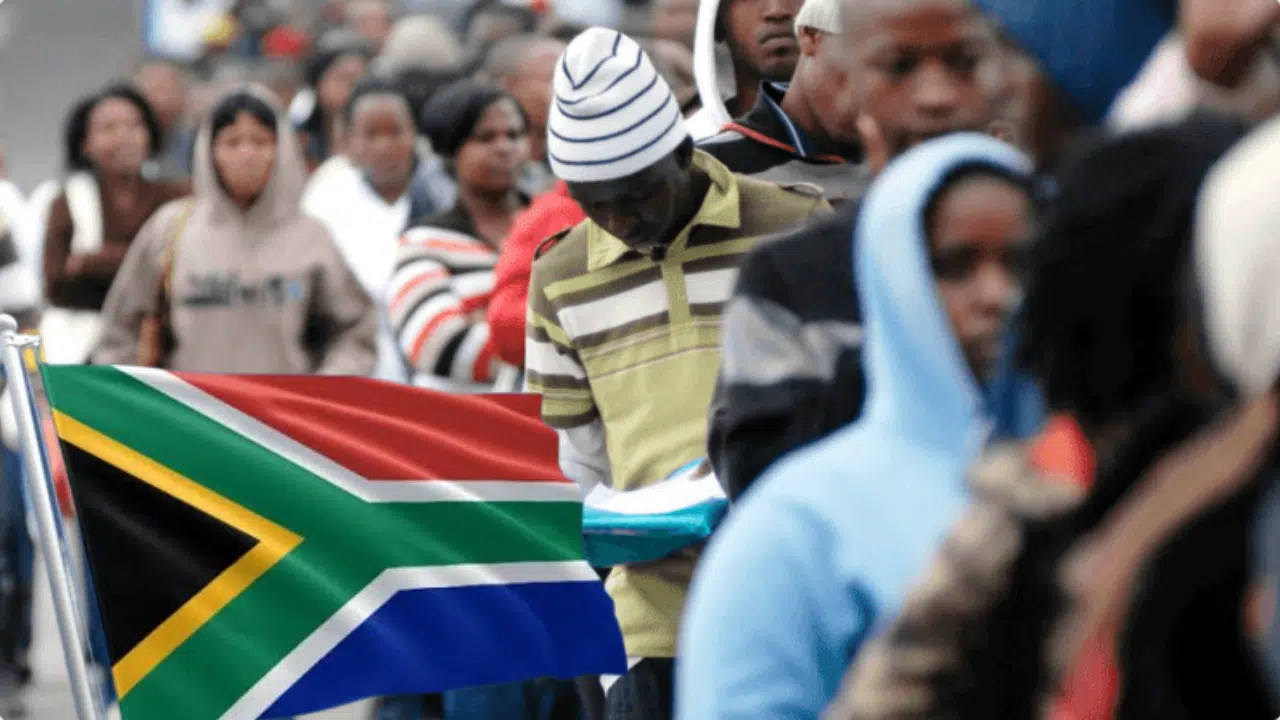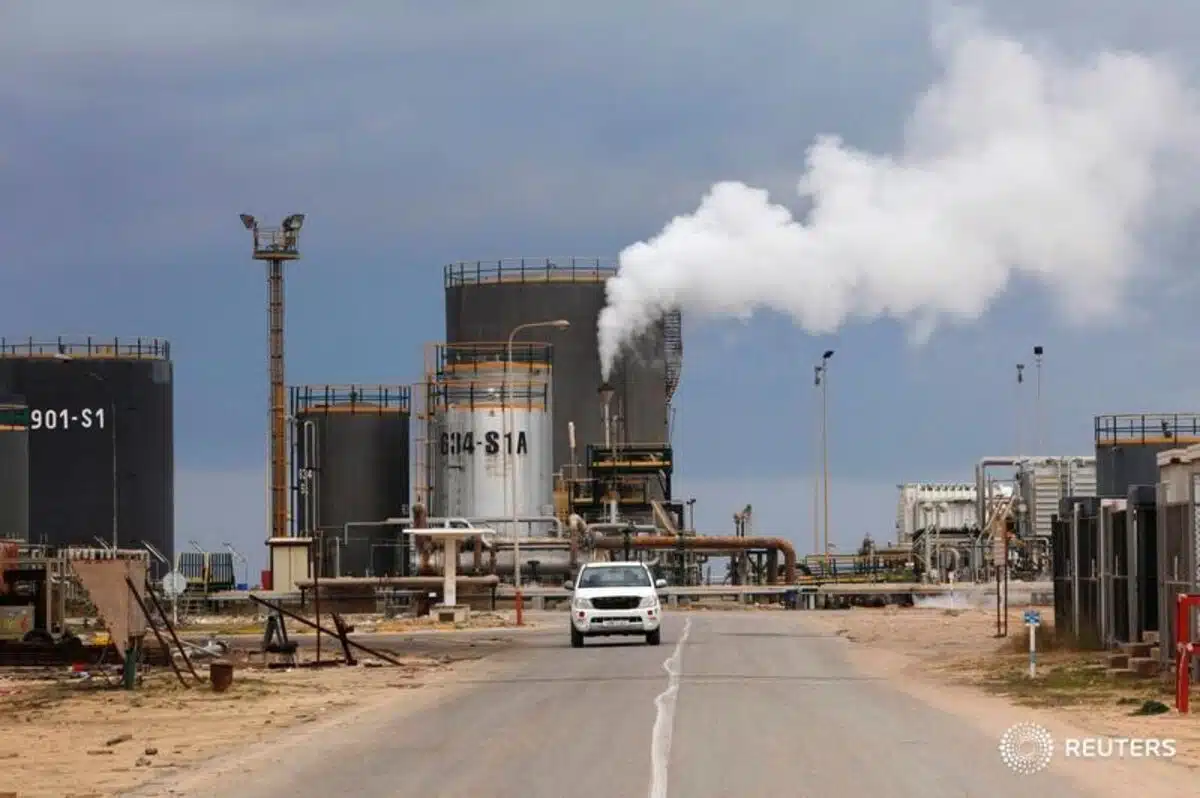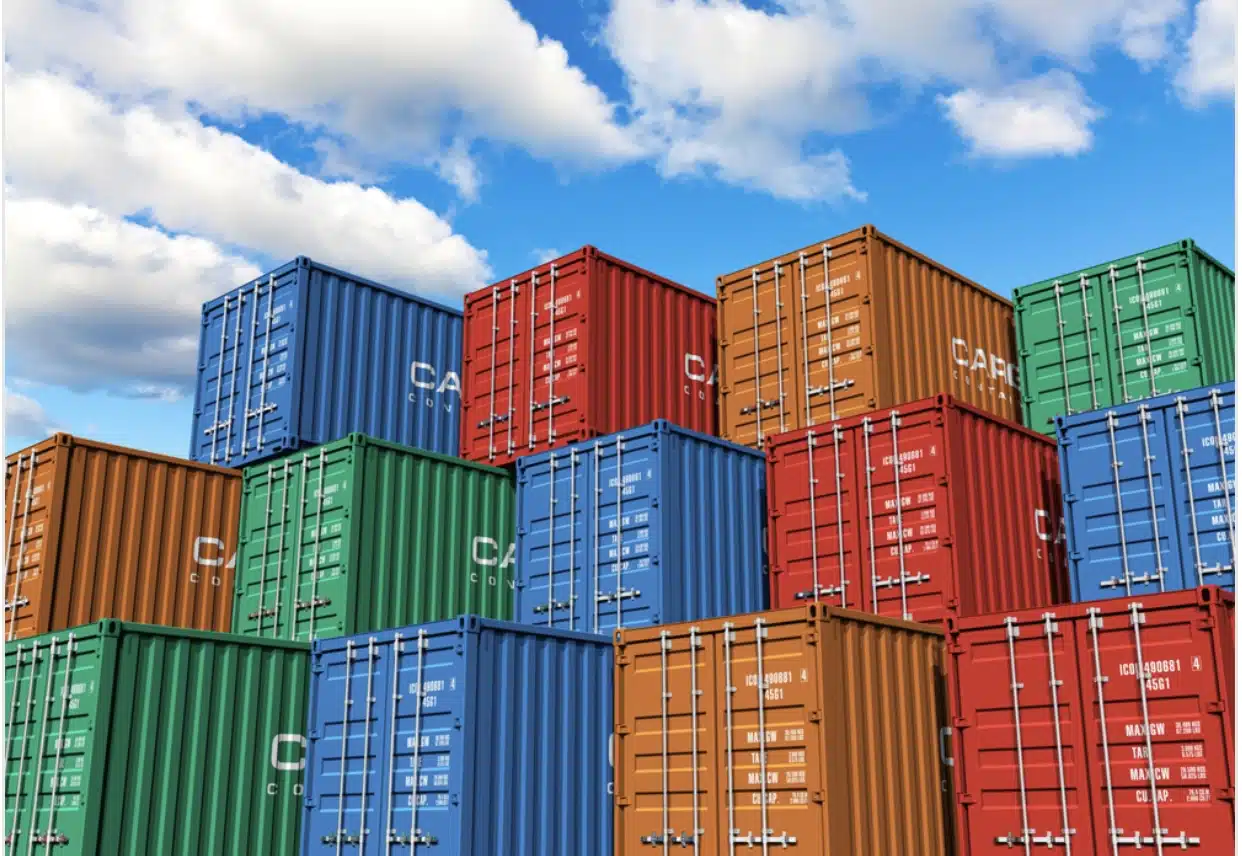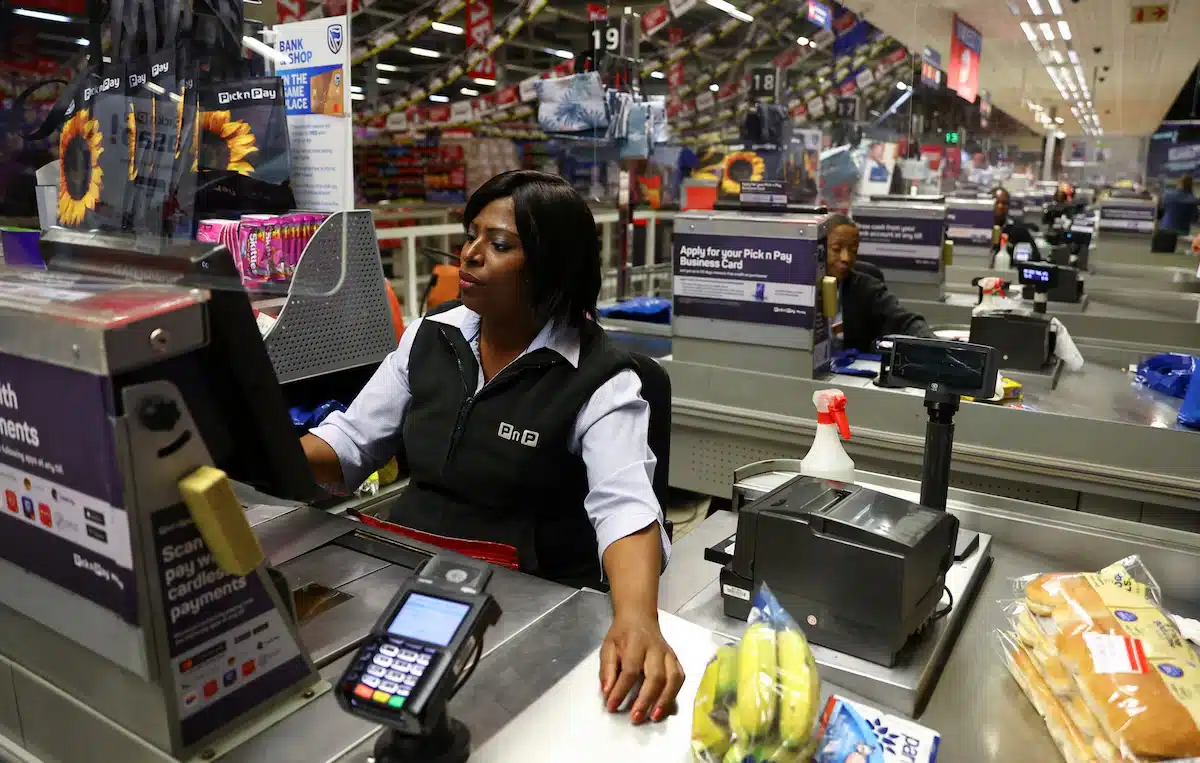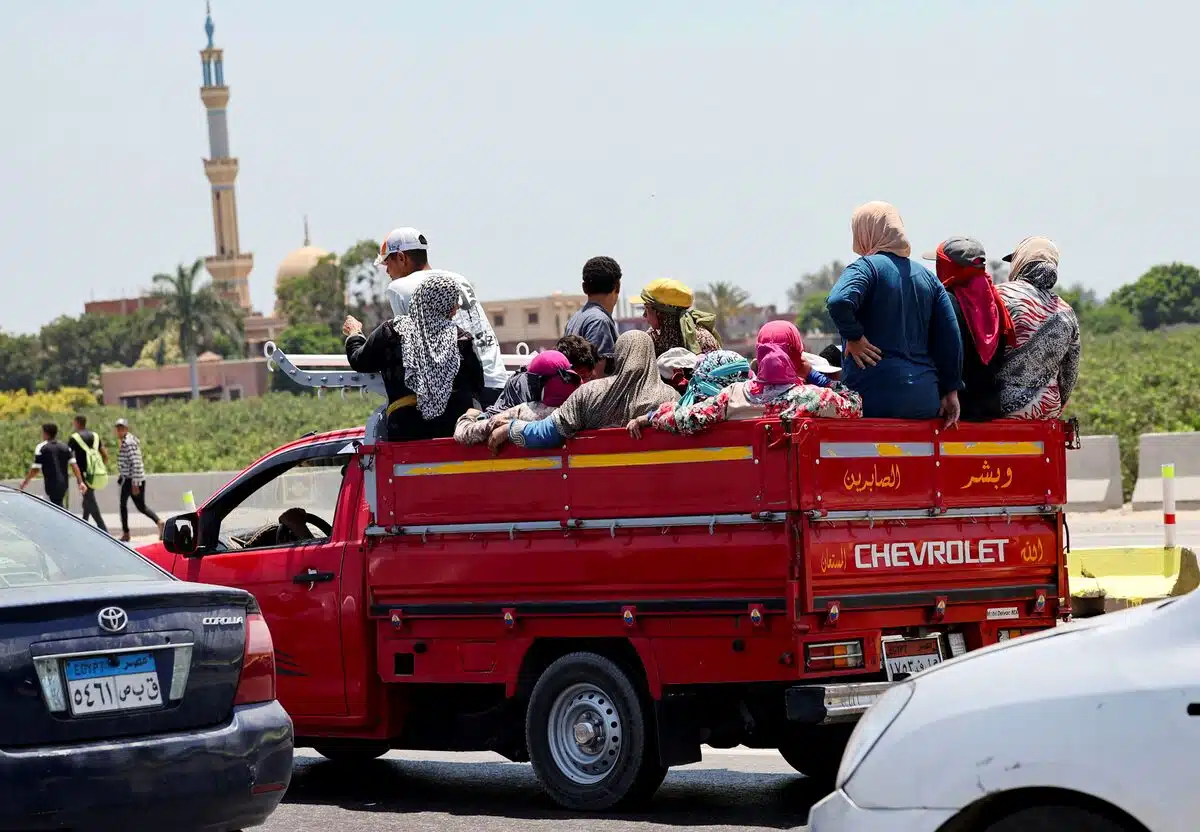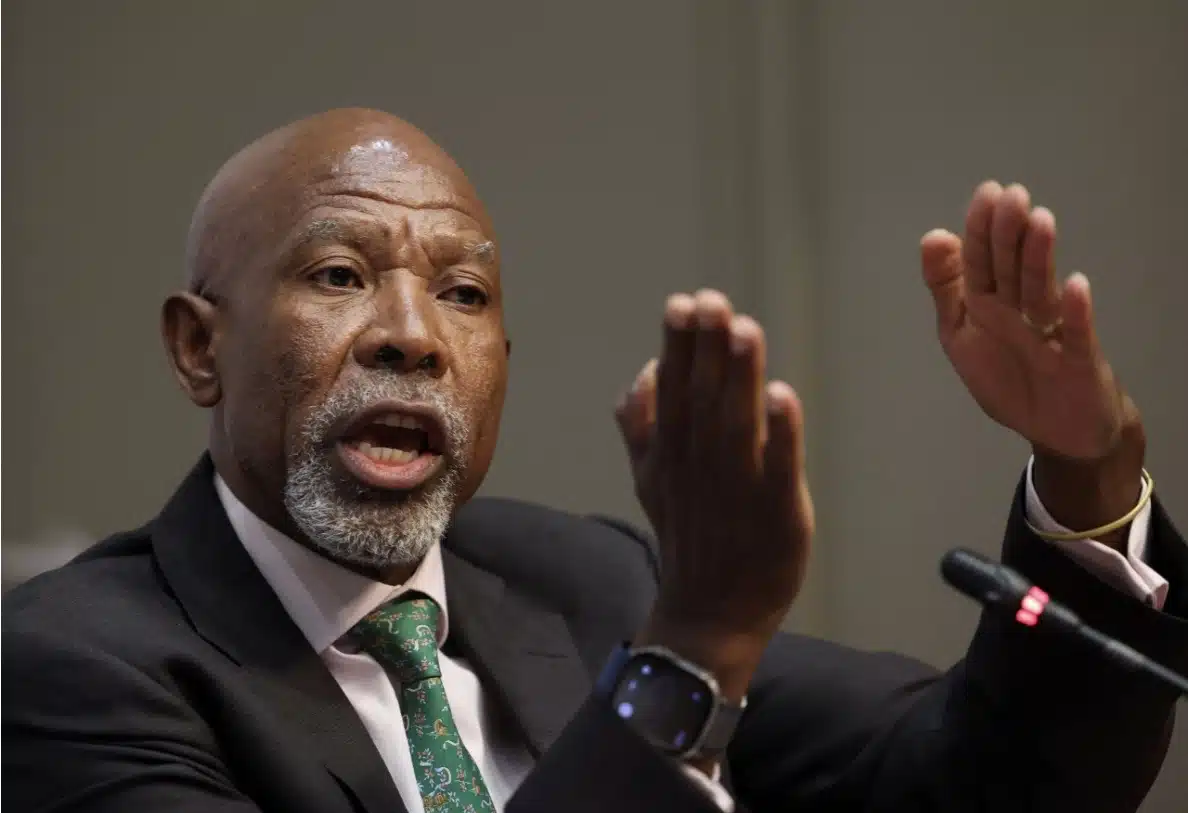South Africa’s central bank has warned that up to 100,000 jobs could be lost if the US presses ahead with its 30% import tariff on South African goods set to take effect from August 1, 2025.
The warning, issued by South African Reserve Bank (SARB) governor Lesetja Kganyago, highlights the deep economic pain the tariff could inflict, especially on sectors such as agriculture and automotive that rely heavily on US demand.
“The impact in agriculture could actually be quite devastating because agriculture employs a lot of low-skilled workers, and here the impact is on citrus fruit, table grapes and wines,” Kganyago said in an interview with local radio station 702 on Wednesday.
“If we do not find alternative measures, the impact on jobs could be around 100,000, so that is what we actually face,” he added.
The projection comes at a time when South Africa is grappling with one of the world’s highest unemployment rates.
Official figures show joblessness at 32.9% in the first quarter of the year, and at 43.1% under the expanded definition, which includes discouraged job seekers.
Farmer groups and industry players have raised similar concerns, noting that citrus, macadamia nuts, grapes, wine, fruit juices and ostrich leather producers are among those most at risk.
In the citrus sector alone, 35,000 jobs are reportedly on the line, with entire towns such as Citrusdal in the Western Cape facing the threat of economic collapse.
In a letter to President Cyril Ramaphosa on July 7, two days before the 90-day tariff pause expired, Trump said: “Starting on August 1, we will charge South Africa a tariff of only 30% on any and all South African products sent to the US, separate from all sectoral tariffs,” the letter stated.
He also warned that any retaliatory trade actions from South Africa in the response to the new tariff would be met with additional duties on top the existing 30%.
South Africa’s government has been trying to negotiate tariff exemptions, including offering to buy US liquefied natural gas, but those efforts have so far failed.
Ramaphosa has since pushed back, saying discussions between the two countries are still ongoing.
Car exports to the U.S tumble by 80%
Meanwhile, South Africa’s car exports to the US have slumped by more than 80% since April when the Trump administration imposed a separate 25% duty on automotive products, according to industry data.
The National Association of Automobile Manufacturers of South Africa (NAAMSA) on Monday disclosed that car exports to the US dropped by 73% in the first quarter of 2025, compared to the same period last year.
The decline worsened in April and May, falling by 80% and 85% respectively.
The industry group warned that the sector may struggle to recover quickly from the sharp fall in demand. “This is not just a trade issue – it’s a socio-economic crisis in the making,” said NAAMSA CEO Mikel Mabasa.
The US is South Africa’s second-biggest trading partner and a major market for locally assembled vehicles, which have traditionally enjoyed duty-free access through the US African Growth and Opportunity Act (AGOA).
The SARB’s warning and the falling exports adds pressure on policymakers to quickly find ways to mitigate the economic fallout.
For now, the clock is ticking, and businesses across the country are bracing for impact.

